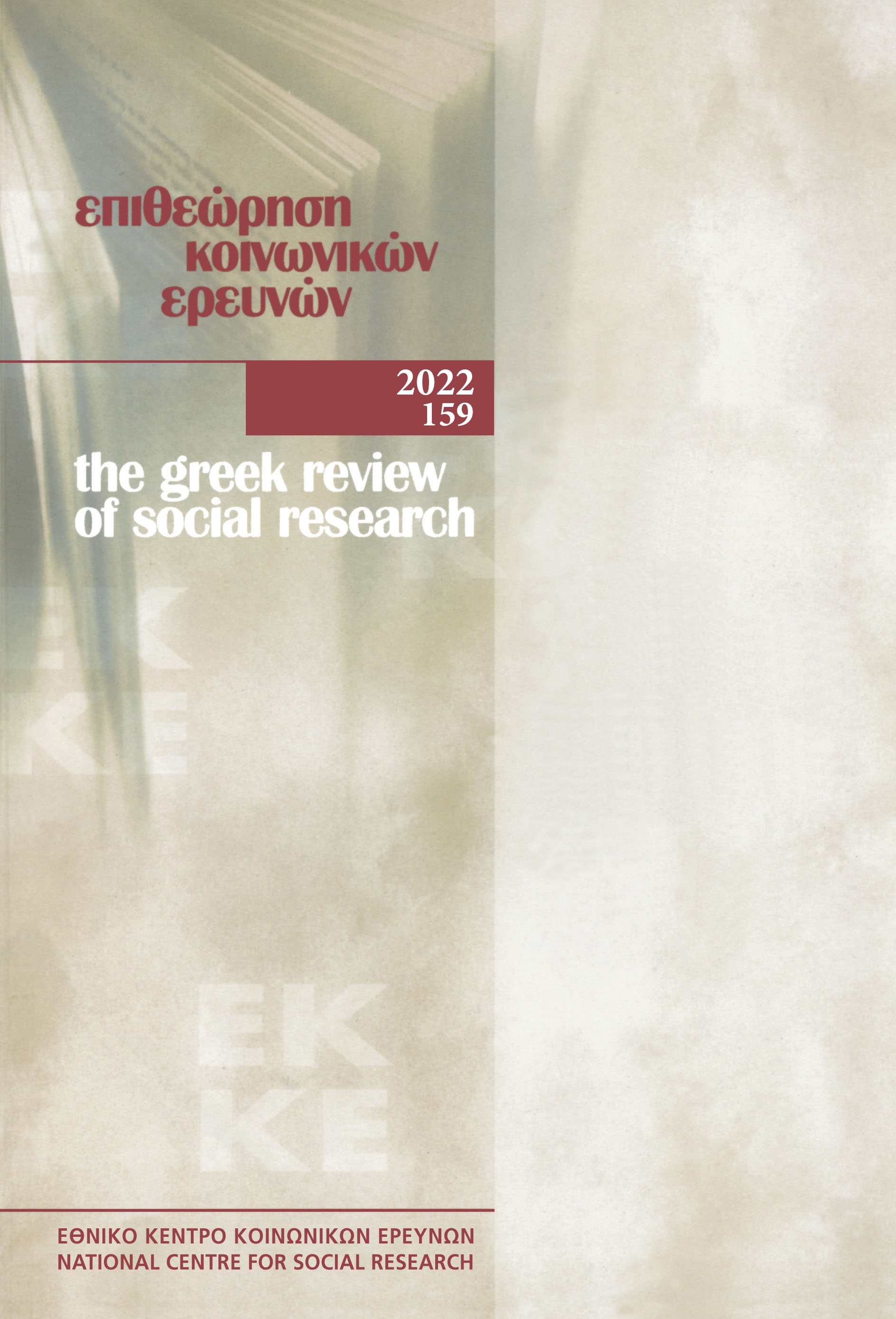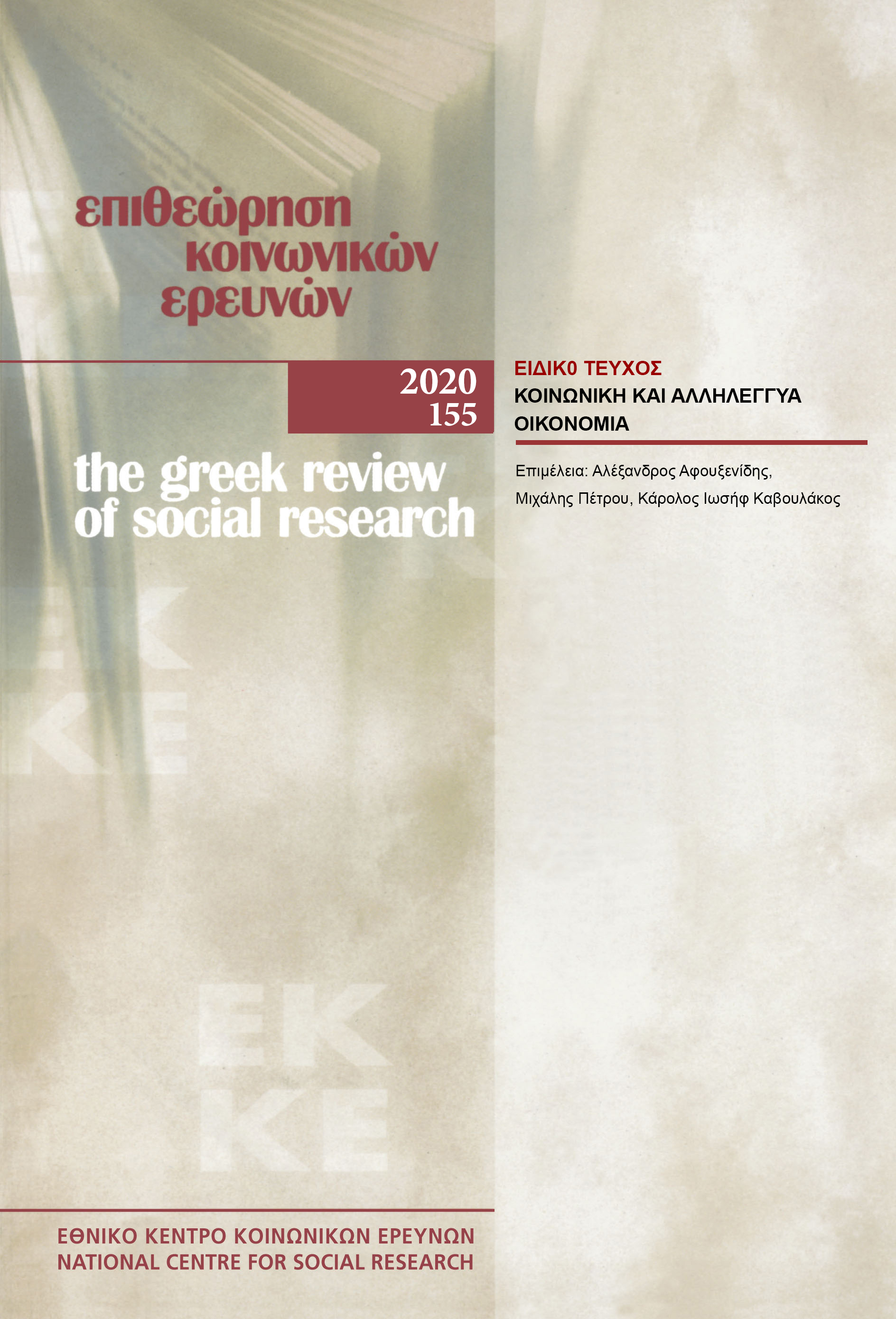The economic valuation of cultural heritage: An analysis of economics-based tools and their limitations

Abstract
In recent years, global neoliberal cultural policy promotes the idea of heritage as an “investment asset” pushing for the development of methods and tools for assessing the value of cultural heritage resources and monuments. In this framework, the paper explores some key concepts and techniques of mainstream economics that have been used so far in the extant literature to define and delineate heritage economic and societal value. As argued, although the value of monuments and the past is realised collectively through complex social processes, neoclassical economic methods are limited by capturing only a fragment of this value as defined by patterns of individual consumption. Given the need for a holistic approach to the subject, it is suggested that new methodologies are devised that firstly, combine economics tools with qualitative participatory research and secondly, are theoretically framed by broader concepts and questions of political economy that deviate from commons assumptions of microeconomics theory.
Article Details
- How to Cite
-
Dragouni, M. (2022). The economic valuation of cultural heritage: An analysis of economics-based tools and their limitations. The Greek Review of Social Research, 159, 3–31. https://doi.org/10.12681/grsr.30814
- Issue
- 2022: 159
- Section
- Articles

This work is licensed under a Creative Commons Attribution-NonCommercial 4.0 International License.
Authors who publish with this journal agree to the following terms:
- Authors retain copyright and grant the journal right of first publication with the work simultaneously licensed under a Creative Commons Attribution Non-Commercial License that allows others to share the work with an acknowledgement of the work's authorship and initial publication in this journal.
- Authors are able to enter into separate, additional contractual arrangements for the non-exclusive distribution of the journal's published version of the work (e.g. post it to an institutional repository or publish it in a book), with an acknowledgement of its initial publication in this journal.
- Authors are permitted and encouraged to post their work online (preferably in institutional repositories or on their website) prior to and during the submission process, as it can lead to productive exchanges, as well as earlier and greater citation of published work (See The Effect of Open Access).



